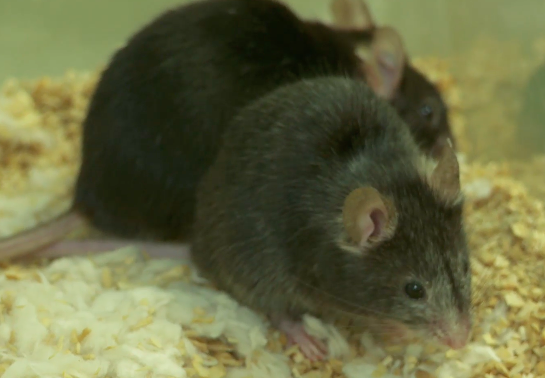Harvard Researcher on Aging: There's no 'limit on the human lifespan'

By Katie Couric
My peers of a certain age will remember an Oil of Olay commercial about deciding not to grow old gracefully, but rather to "fight it every step of the way."
And while we spend billions trying to turn back time, the Fountain of Youth has yet to be found at the bottom of a lotion bottle.
But one researcher from Harvard Medical School, David Sinclair, believes the secret to stopping the aging process is closer than we think.
"I wouldn't begin to put a limit on the human lifespan," he says.
Sinclair has spent the past 20 years looking for ways to help people live longer, healthier lives.
In an exclusive look at his strictly guarded mouse lab, Sinclair showed us how his research team is looking to stop the clock on aging.
It was Sinclair's research on resveratrol, a molecule found in grapes, that made headlines a decade ago when it showed promising results in keeping overfed mice as healthy as lean mice. Sinclair even chose to test resveratrol on himself, something he has been doing for the past 10 years, and he says he's feeling fit and healthy. Likewise, his parents, who are in their 70s, report similar results from taking resveratrol.
Today, Sinclair has taken his research even further. By prematurely aging mice, he is able to test new molecules on them in an attempt to return them to their younger, healthier state. He's hopeful that the molecules will one day help prevent or delay diseases like cancer and Alzheimer's in humans. All of this, of course, is still very much in the research phase, but Sinclair is confident that his work will lead to many of us living longer and healthier lives.
"Can we one day live to 150?" he asks. "I don't see why not; it's just a matter of when."
Who do you think is a global game changer, and what person would you like to see featured in this series? Let me know on Twitter (@katiecouric) or on Tumblr.

